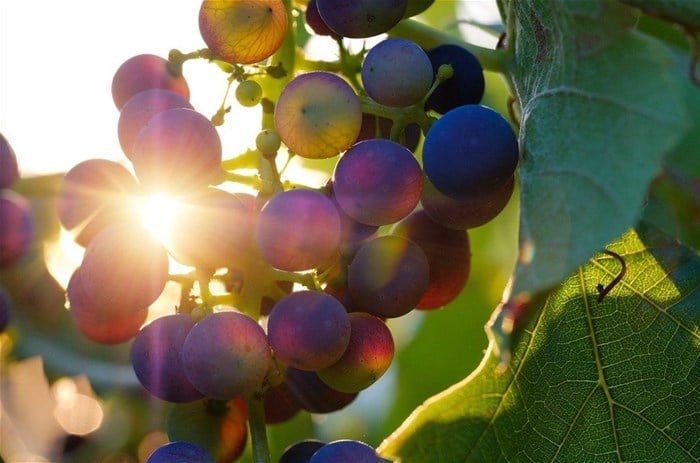
Top stories




ESG & SustainabilityGovernment fossil fuel subsidies triple under Ramaphosa
Michael Cherry 57 minutes


More news














"Despite continuous engagement with government to curb the spread of the virus through the implementation of a risk-adjusted approach to reopening the economy and addressing the social ills of alcohol abuse through a social compact, the South African wine industry's proposals were not taken into account when the third ban was introduced on 28 December 2020.
"Government has also not been transparent with us on justifying the continued ban, nor did they give any explanation or clarity on the timeline for a review of this ban. This makes planning and contingency plans impossible," says Rico Basson, Vinpro MD.
The industry which also strongly relies on tourism and hospitality now finds itself in a dire position after a ban of 19 weeks since March 2020. This has resulted in a loss of more than R8bn in direct sales and the possible closure of cellars and producers, threatening 27,000 jobs and putting the most vulnerable in a poverty trap which will have far-reaching socioeconomic outcomes that will place an even greater strain on the healthcare system.
Basson says that due to the devastating impact that the third ban has had on the wine industry, Vinpro was left with no choice but to approach the Cape High Court.
Furthermore, with the 2021 harvest commencing, the industry now has more than 640 million litres of stock of which 300 million is uncontracted. According to Basson, this poses a material risk of insufficient processing and storage capacity for the new harvest and threatens the sustainability of the wine industry.
"While the industry shares the government’s concern over the devastating effect of this pandemic and supports meaningful measures to flatten the curve, we do not support the continued outright ban on the sale of wine while alternative interventions are available to mitigate risks."
"Vinpro is not saying a liquor ban may not be justified when hospitals and particularly trauma units are under pressure. However, we believe that not only has the wrong level of government been dealing with the retail sale of liquor during the national state of disaster, but the government has used and maintained nationwide bans which are overbroad, unnecessary, unjustified and, indeed, counter-productive."
A more flexible, nimble approach is needed, says Basson, based on credible empirical data, where the provincial executive should be empowered to deal with the retail sale of liquor for the rest of the pandemic, "because provincial authorities are normally responsible for regulating the sale of liquor and in charge of healthcare and provincial hospitals, thus they are better equipped to manage the delicate balance between lives and livelihoods".
Although the liquor ban is intended to ensure that hospitals have the capacity to treat those who become ill, the pandemic affects provinces differently at any given point in time and capacity requirements in hospitals will therefore differ across the country. Despite this, the government has not differentiated between provinces when it comes to implementing or lifting of the liquor ban, continues Basson, instead, a nationwide ban has been imposed and then again lifted, without regard for the circumstances in individual provinces.
Urgent interim relief will be sought which would afford the Premier of the Western Cape the power to adopt deviations to enable off- and on-consumption sale of liquor in the province. Ultimately similar relief will be sought in respect of other provinces. The matter is set down for hearing on 5 February 2021.
"Vinpro is relieved that the numbers of new infections, active cases and hospital admissions are now dropping fast across the country, but particularly in the Western Cape. In these circumstances, the liquor ban is simply no longer justified in the Western Cape. Accordingly, to the extent that the situation does not change for the worse, and if the liquor ban is still in force in the Western Cape by 5 February, the Western Cape High Court will be asked to invalidate Minister Dlamini-Zuma’s ban in the Western Cape with immediate effect.
"As honest brokers, we strongly believe in the power of a shared vision where we have the same objectives – a healthy and prosperous South Africa.
"We will continue our support of the government in the fight against Covid-19 while working for the economic survival of our sector and the people who rely on it for their livelihoods," concludes Basson.